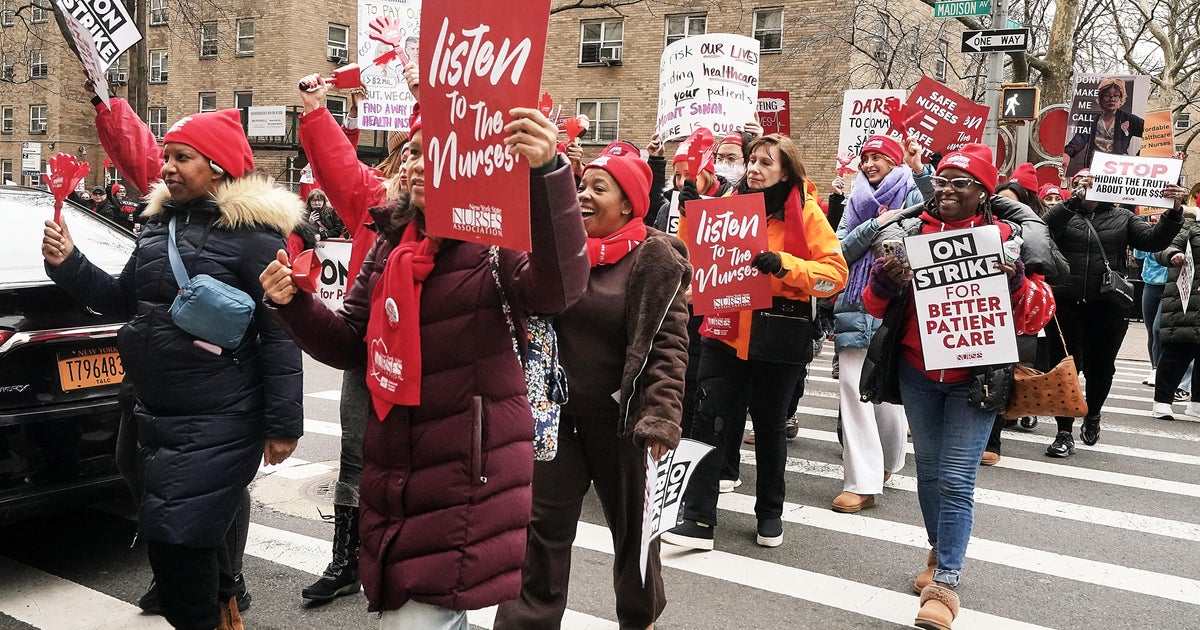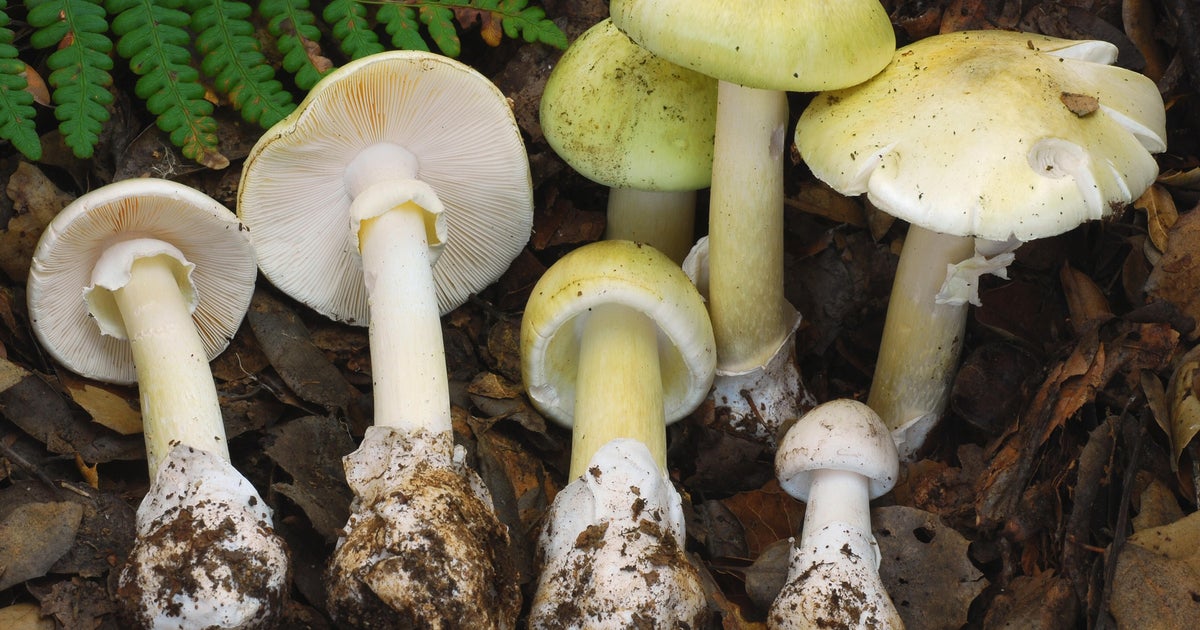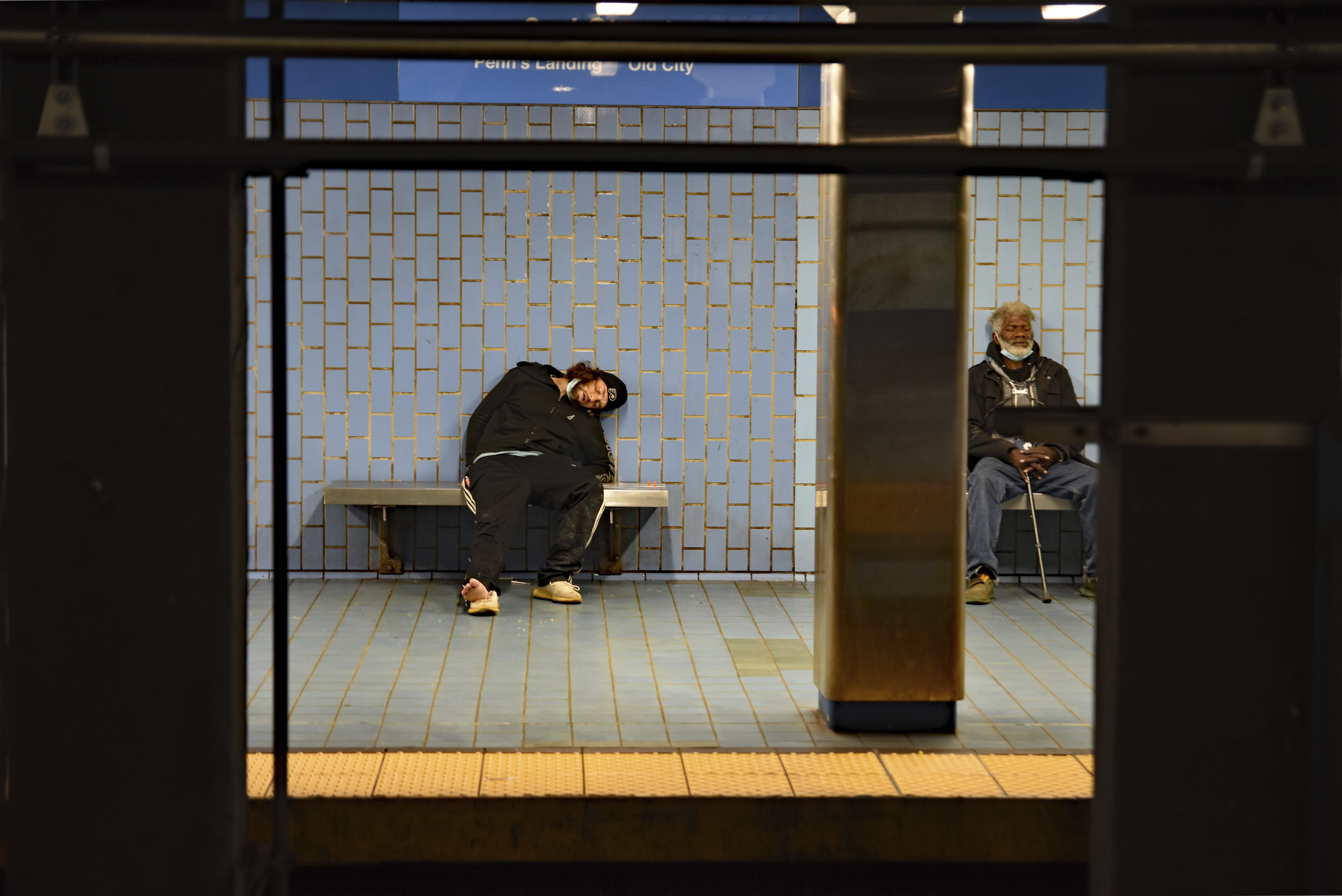At private equity-owned nursing homes, an "enormous" increase in death rates, study finds
Private equity firms are known for buying struggling companies and slashing costs — often via layoffs — as a way of turning them around. But such strategies might have deadly consequences when applied to nursing homes.
A recent economic analysis found that patients in nursing homes owned by buyout firms — which raise money from outside investors to make acquisitions across a range of industries, including health care — have a 1.7 percentage point higher chance of dying during their stays and for 90 days after leaving the homes. While that might not seem like a huge increase, it amounts to more than 20,000 additional deaths over the 12-year period of the study.
Another way to think of the higher death rate the researchers found in nursing homes owned by private equity firms is to compare it to that of COVID-19, which has a similar death rate of about 1.8% in the U.S., Constantine Yannelis, a co-author of the report and a finance professor at University of Chicago's Booth School of Business, told CBS MoneyWatch. When it comes to health care, such increases "are huge," he added.
Yannelis said that when the researchers first got the fatality result, they were skeptical because of its size. But digging into the data brought to light some mechanisms that might explain the higher fatality rates, he added.
Fewer staff, more drugs
Notably, the study found lower staffing on average at the more than 1,600 private equity-owned facilities researchers reviewed. Once a nursing home is acquired in a PE-financed buyout, the number of hours provided by frontline nursing assistants typically declined by 3%, while overall staffing slips by 1.4%, the study found.
Patients in private equity-owned nursing homes are also more likely to be given antipsychotic medications, according to the study. The AARP and other groups advocating for the elderly have said these medications are overused at nursing homes and sometimes misused on older patients who are experiencing dementia and similar ailments as a form of "chemical restraint."
PE-owned nursing homes "are cutting staff and drugging patients more, particularly with antipsychotics," Yannelis said, theorizing that increased use of such drugs could reduce the need for staff to tend to patients. "It's a cost-saving mechanism."
Roughly 70% of nursing homes in the U.S. are for-profit, compared with 25% for hospitals. Private equity firms' purchase of hospitals has also raised concerns about patient care, including from health care practitioners themselves.
The private equity industry takes issue with the study, which drew on data for more than 18,000 for-profit and nonprofit
nursing homes and included researchers from New York University and its NYU Stern School of Business and the Wharton School at the University of Pennsylvania.
"This new study is inconsistent with other recent academic research that shows that private equity-backed companies are delivering quality care to nursing home residents — particularly during the COVID-19 pandemic," a spokeswoman for the American Investment Council, a trade group for the PE industry, told CBS MoneyWatch.
"The industry is committed to supporting companies that deliver affordable, high-quality health care," she added.
The new study, in a working paper published by the National Bureau of Economic Research (NBER), looked at nursing homes from 2005 to 2017 and so doesn't reflect what has happened in long-term care facilities during the coronavirus pandemic.
Yannelis said he and his co-authors examined more recent data, but decided against using it in the analysis because the outsized impact of COVID-19 on nursing homes could make it harder to assess the longer-term impact of private equity investment in the sector. "We didn't want anything that wasn't rock solid," he said.
Profit motive
The relationship between private equity investment and nursing homes during the pandemic raises important questions given the high fatality rate overall at such facilities since the pandemic reached the U.S. The country's nursing homes —whether for-profit or nonprofit — account for as many as 4 in 10 deaths from COVID-19. This is partly due to the higher risks faced by elderly people from the disease and because of the close contact between staff and patients.
One study from Duke University and UCLA researchers published last year found that patients at private equity-owned nursing homes fared better during the pandemic, with a 7 percentage point decrease in the likelihood of confirmed COVID-19 cases and a decreased rate in shortages of personal protective equipment.
To be sure, private equity-owned nursing homes had come under scrutiny before the pandemic. The HCR ManorCare nursing home in Pottsville, Pennsylvania, was the focus of a 2018 Washington Post report that found the home exposed its patients to increasing health risks in the five years before it filed for bankruptcy. The home at the time was owned by the Carlyle Group, a private equity firm with $246 billion in assets under management.
More broadly, concerns about the impact of for-profit ownership in health care and the influence on patient outcomes goes back decades.
The impetus for the NBER study from Yannelis and his co-authors was to examine the outcomes for private equity firms in industries where customers don't pay directly for services and there's a high rate of government subsidies, such as health care and education. In those industries, private equity can have a detrimental effect on consumers, he said.
Private equity has racked up plenty of critics in other industries as well, with some blaming the investment firms for a wave of failures among retailers in recent years, including Toys R Us, by loading them up with debt, hampering their ability to invest in their businesses and respond to more nimble competitors such as Amazon.com. Yet in other industries, private equity has been "quite positive," such as restaurants, Yannelis said.
While customers eating at a restaurant can easily judge whether a private equity investment may be helping or hurting their dining experience, evaluating the quality of health care is harder, he added.
"I wouldn't go so far to say never go to a private equity-owned nursing home, but it's something to strongly consider when making decisions," Yannelis said.



